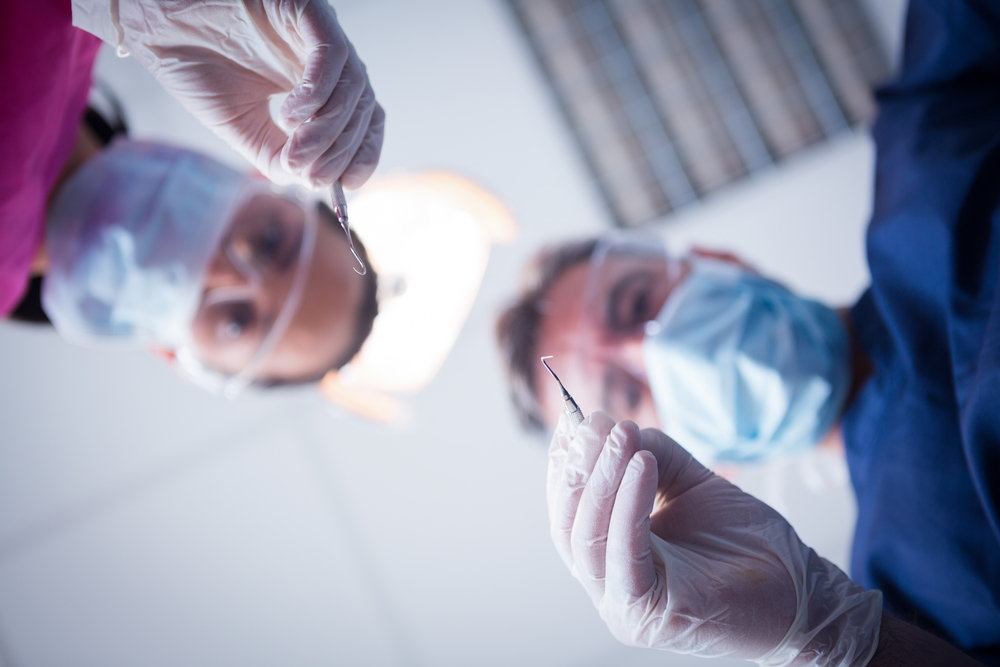Dental fear linked to low self-esteem, lower earning power and isolation, new study reveals

A new study suggests that dental fear could increase the risk of low self-esteem and social isolation, as well as resulting in reduced earning power.
The findings of a study, which have been published in the International Dental Journal, suggest that dental anxiety could have a negative impact on confidence, social mobility and income and education, as well as oral health. Researchers found that people who had dental anxiety were up to twice as likely to have a low income and to experience feelings of shame and embarrassment.
Dental anxiety is a very common fear in the UK. Dr Nigel Carter OBE, chief executive of the Oral Health Foundation, said that around 1 in 5 adults are anxious about going to the dentist, and some have such a profound phobia that they avoid the dental chair for years on end. Missing out on regular dental checks puts dental health at risk, but as the study shows, there is also a link to social and mental wellbeing and economic status.
As part of the research, 21 patients who suffered from severe dental anxiety were treated using cognitive behavioural therapy. Of this group, 20 people subsequently had treatment without sedation. Professor Damien Walmsley, scientific advisor for the British Dental Association, stated that dental anxiety is a serious issue because it deters people from going to the dentist until they reach a point where they have incredibly severe symptoms and they’re experiencing intense pain. CBT is one form of therapy, which can be beneficial. Some dentists are also using virtual reality to try and reduce anxiety among patients.
Join this Discussion









